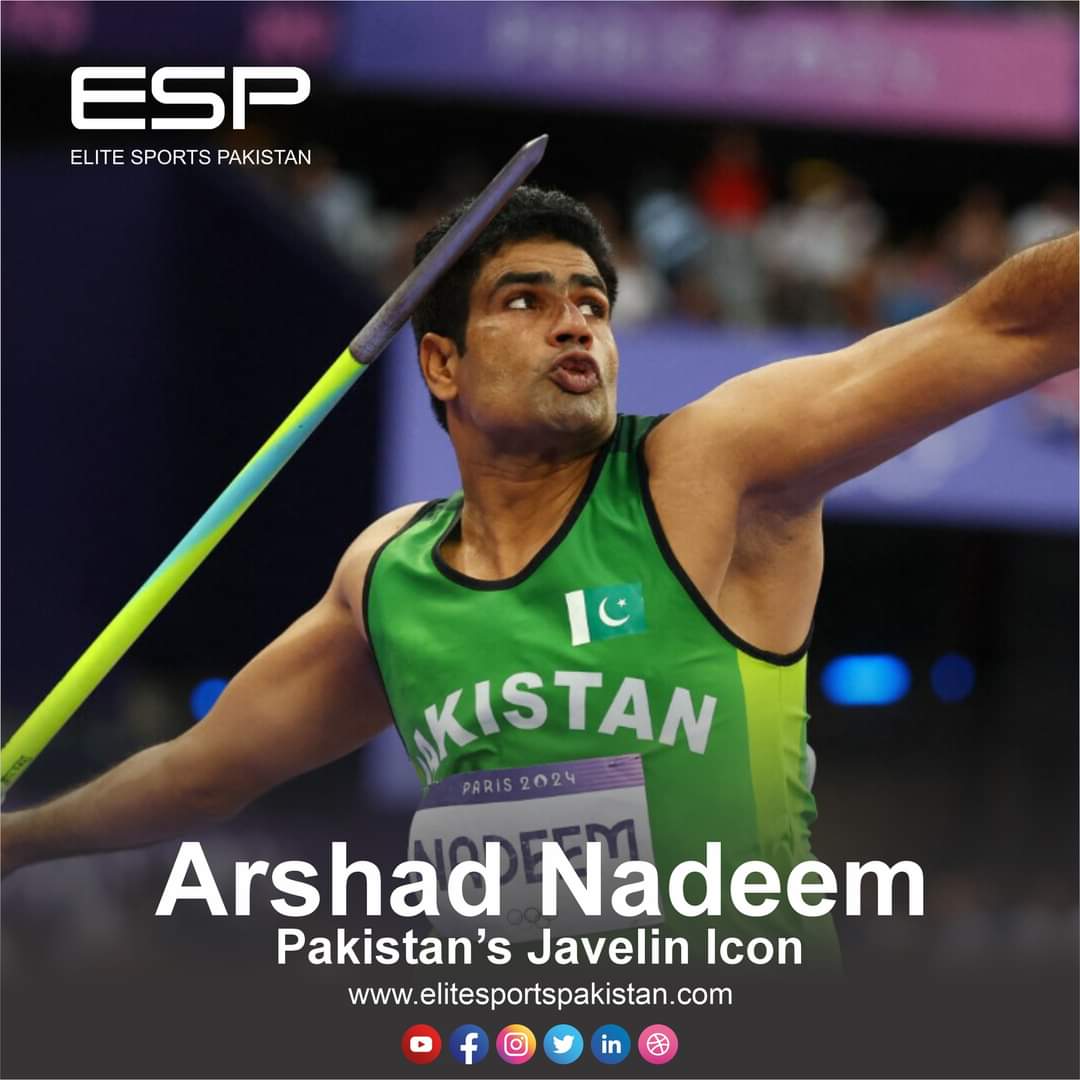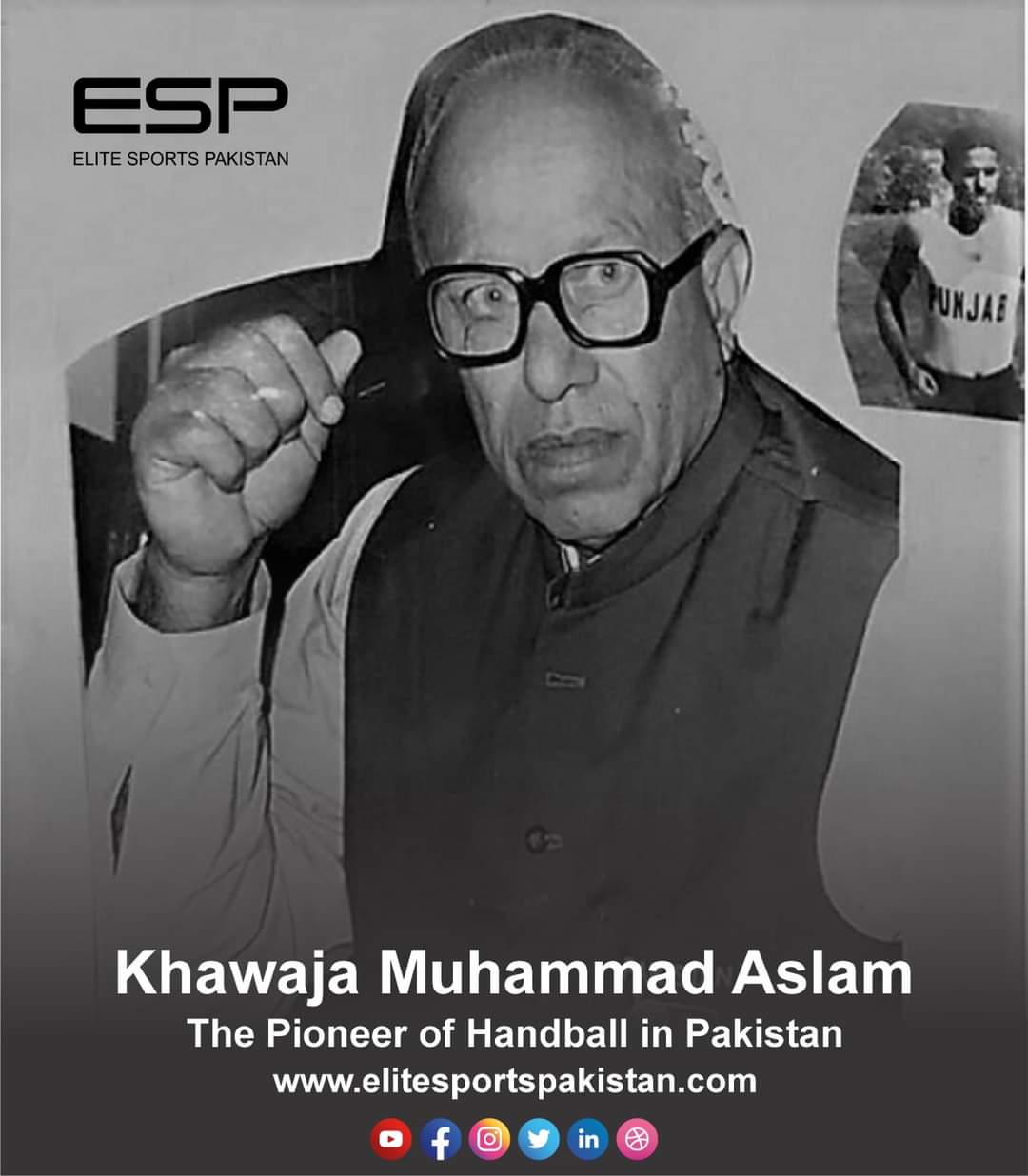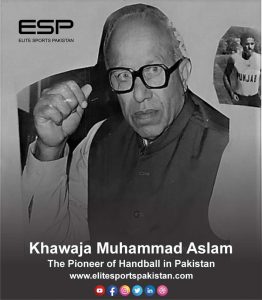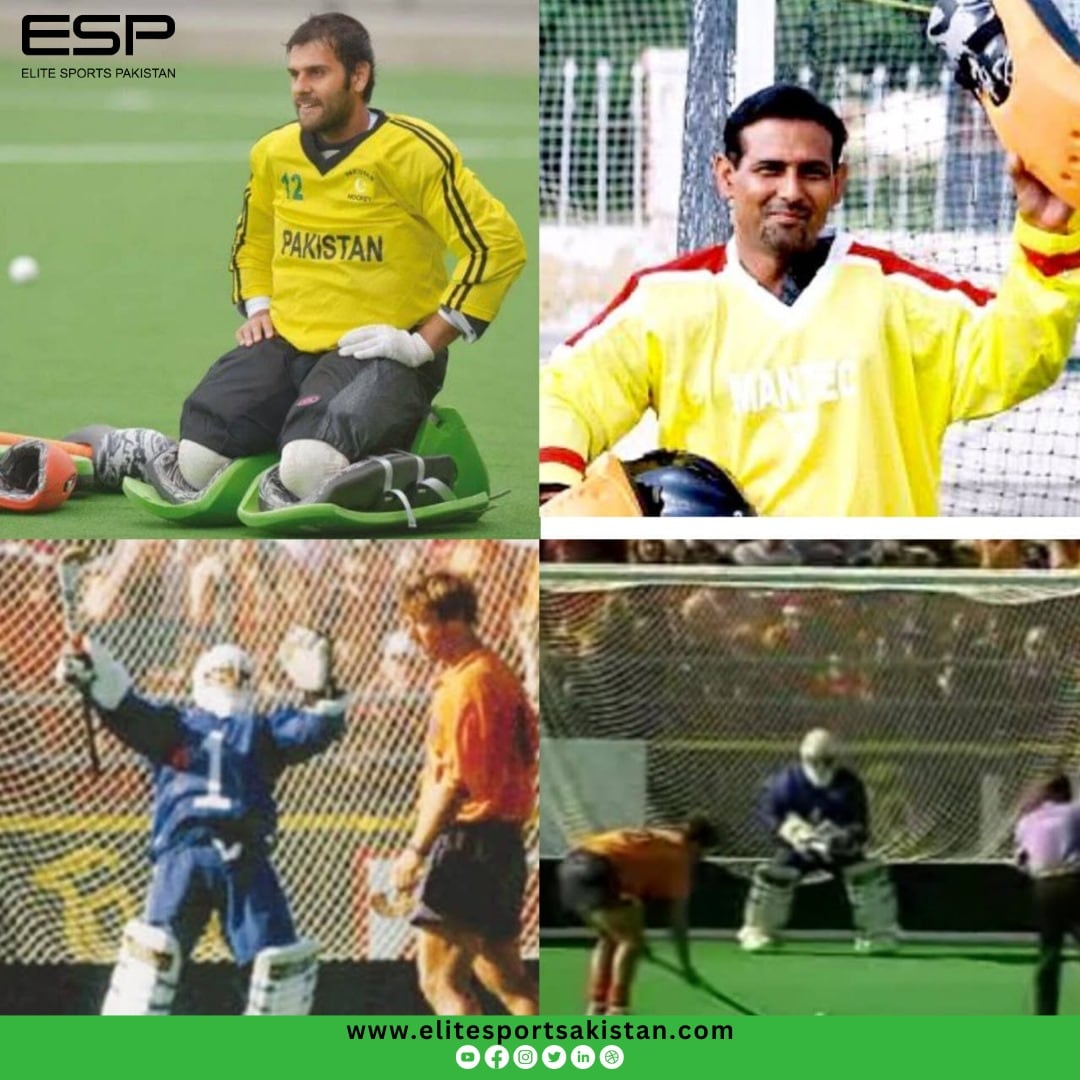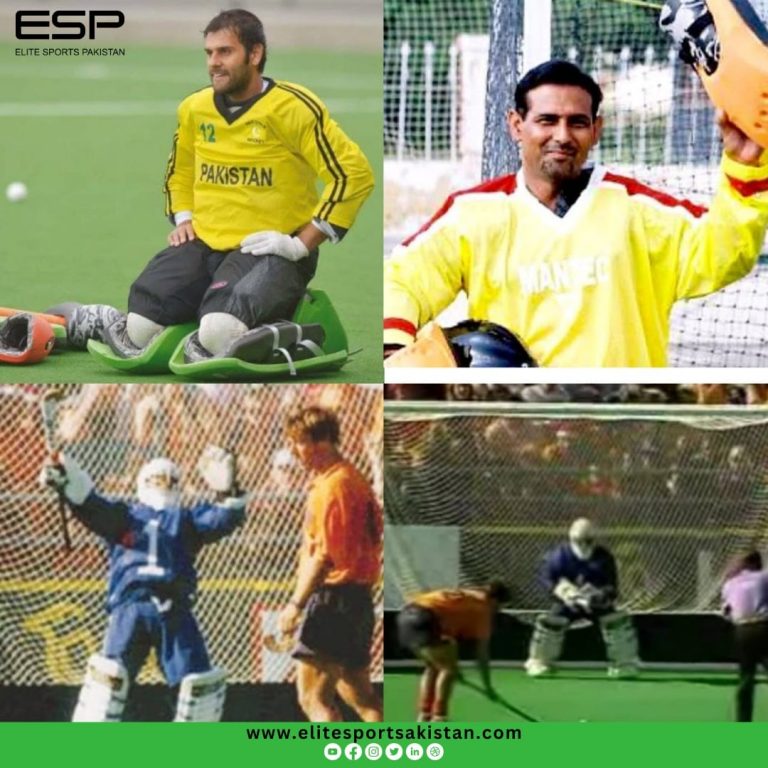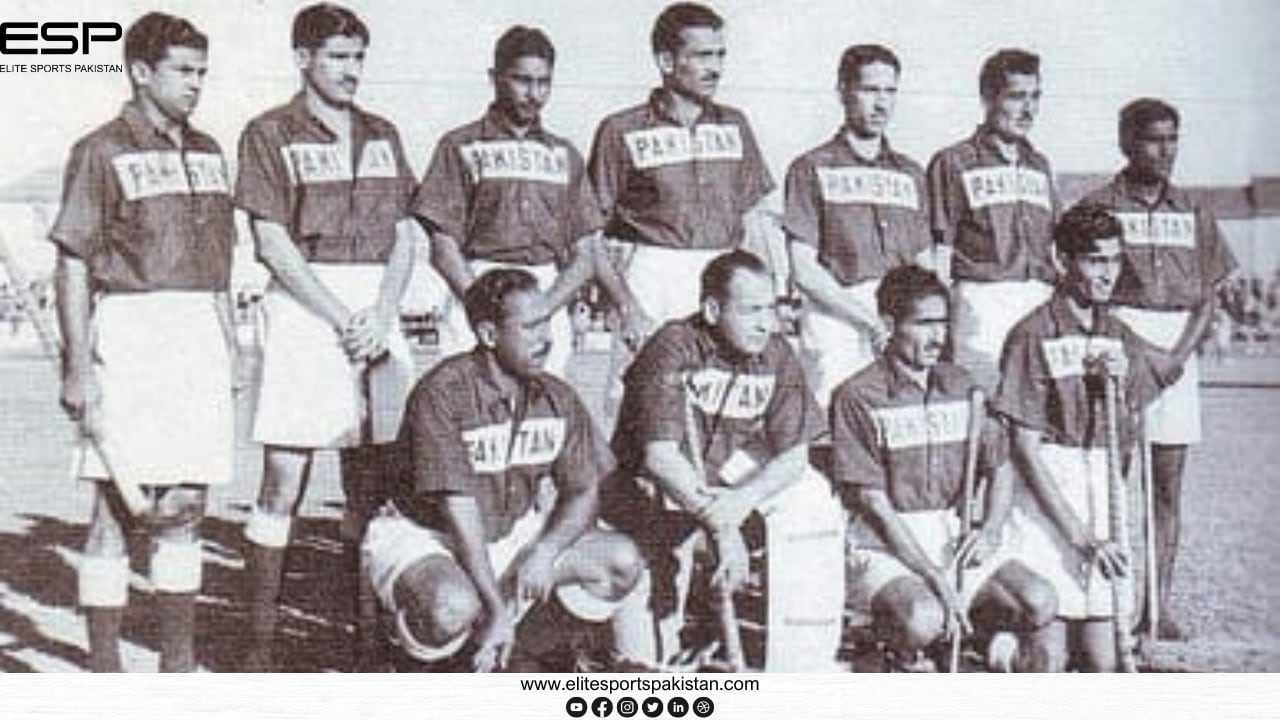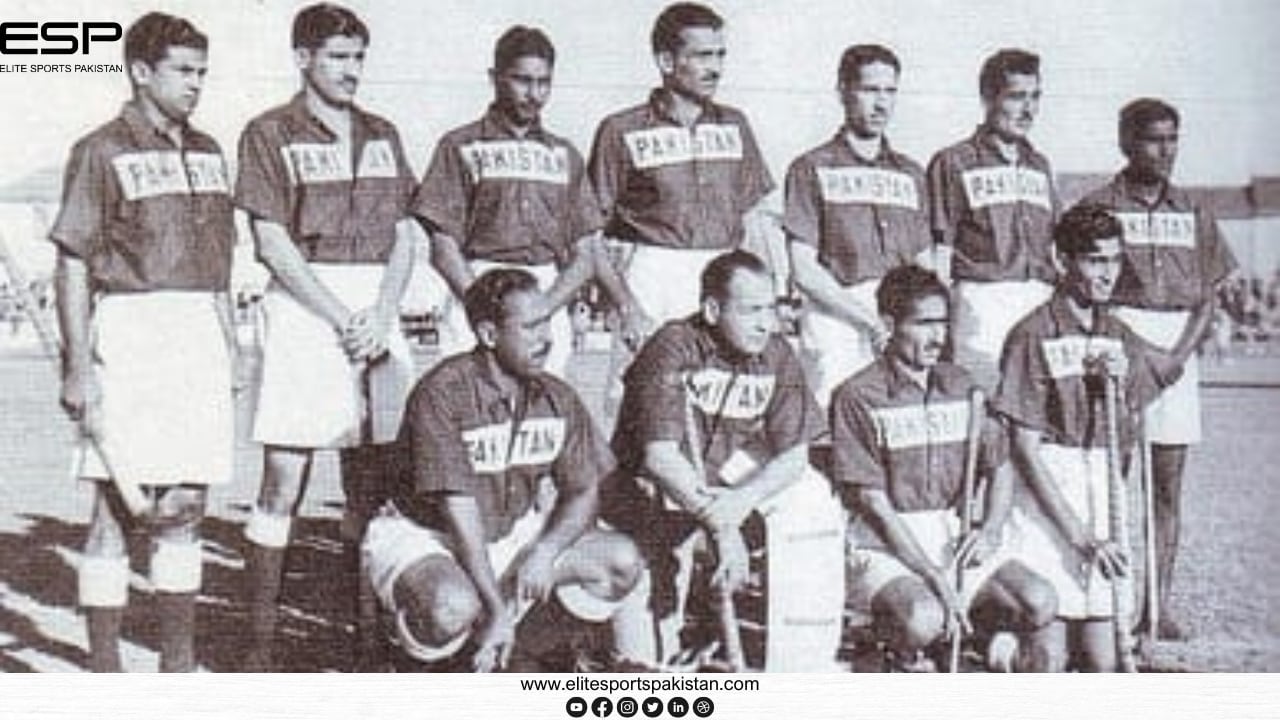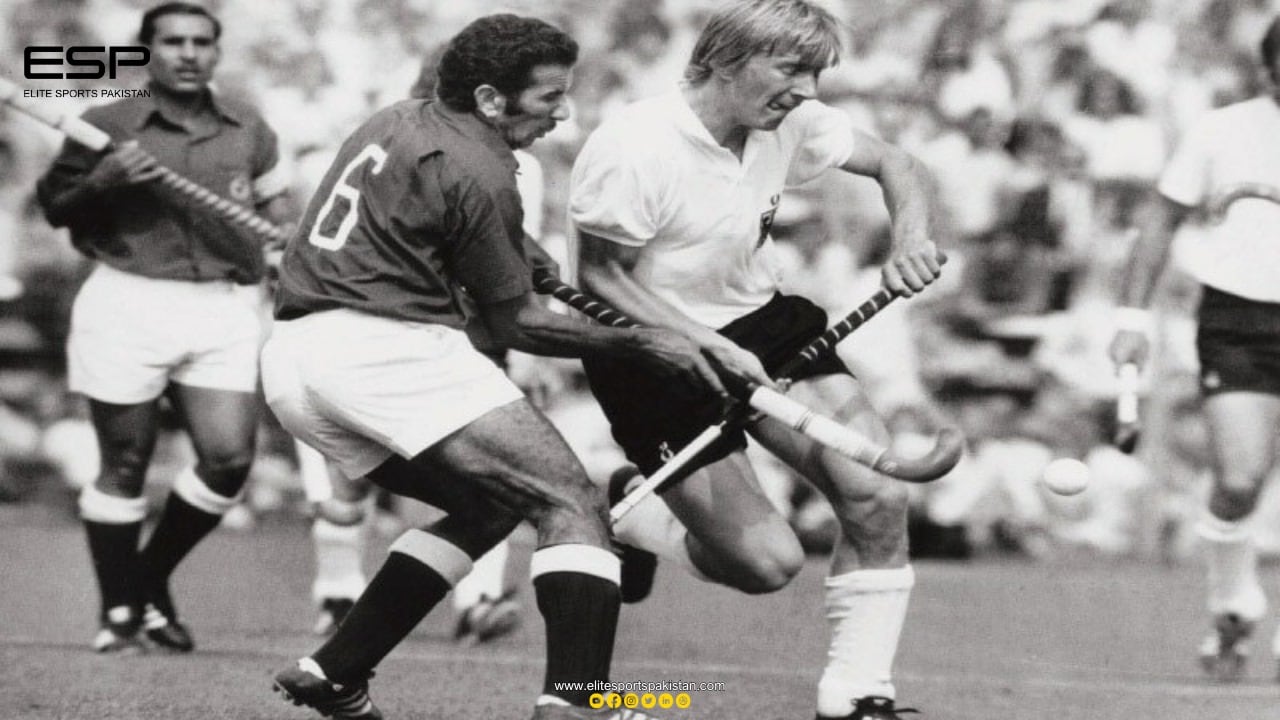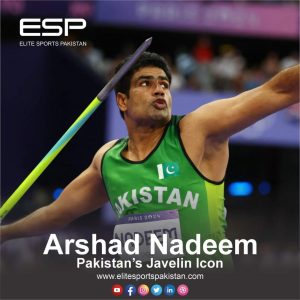
Arshad Nadeem has become a symbol of inspiration and pride for Pakistan, excelling in the world of athletics, particularly in the javelin throw. His journey from a small town to the global stage of sports has been nothing short of remarkable. As Pakistan’s premier javelin thrower, he has shattered records and earned the respect of athletes and sports enthusiasts alike. This post delves into his early life, career milestones, and the legacy he continues to build. “Arshad Nadeem javelin thrower” reflects his exceptional talent and dedication.
Born in Mian Channu, Punjab, Arshad Nadeem’s rise to athletic fame began from humble origins. From an early age, his natural athletic ability was apparent. He was initially drawn to cricket, like many young boys in Pakistan, but soon realized his true calling lay elsewhere. Encouraged by local mentors, Nadeem switched to track and field, with javelin throwing quickly becoming his specialty.
Through sheer determination and hard work, he honed his skills, making a name for himself in national competitions. His breakthrough moment came when he realized that javelin throwing not only matched his physical strength but also offered a platform to shine on an international level.
Arshad Nadeem’s career has been defined by several high points. One of the most significant came at the 2018 Asian Games, where he finished a commendable third, earning a bronze medal. This achievement put him on the international map, marking Pakistan’s first medal in athletics at the Asian Games in over a decade.
Nadeem’s performance at the 2020 Tokyo Olympics further solidified his place among the world’s best javelin throwers. Competing against global heavyweights, he finished fifth in the final, achieving a personal best throw of 86.29 meters. This was a historic moment, as he became the first Pakistani to reach the final of any Olympic track and field event.
Nadeem’s journey hasn’t been without its share of challenges. Competing on the international stage with limited resources and training facilities has been an ongoing struggle. Yet, his resilience is evident in how he has overcome these barriers. Injuries have also posed setbacks at critical times, but each time, he’s come back stronger.
Despite these challenges, Arshad’s dedication to his craft remains unwavering. His perseverance was rewarded when, in 2022, he became the first South Asian to throw beyond the 90-meter mark, a monumental achievement that solidified his place in history.
Arshad Nadeem’s accomplishments have transcended sports. His success has inspired a generation of young Pakistani athletes, who now see the possibility of achieving excellence on the world stage. As a trailblazer in a sport that had seen limited recognition in Pakistan, Nadeem has elevated the country’s status in global athletics.
His story also brings attention to the potential of untapped talent within Pakistan, highlighting the need for better infrastructure and support for athletes. Nadeem’s legacy is not just in the records he’s broken, but in the doors he’s opened for future generations.
Arshad Nadeem is a beacon of hope for Pakistan, representing what can be achieved through determination, hard work, and an unyielding passion for sport. His journey from humble beginnings to the pinnacle of javelin throwing has made him a national icon, and his legacy will continue to inspire athletes across the country.
